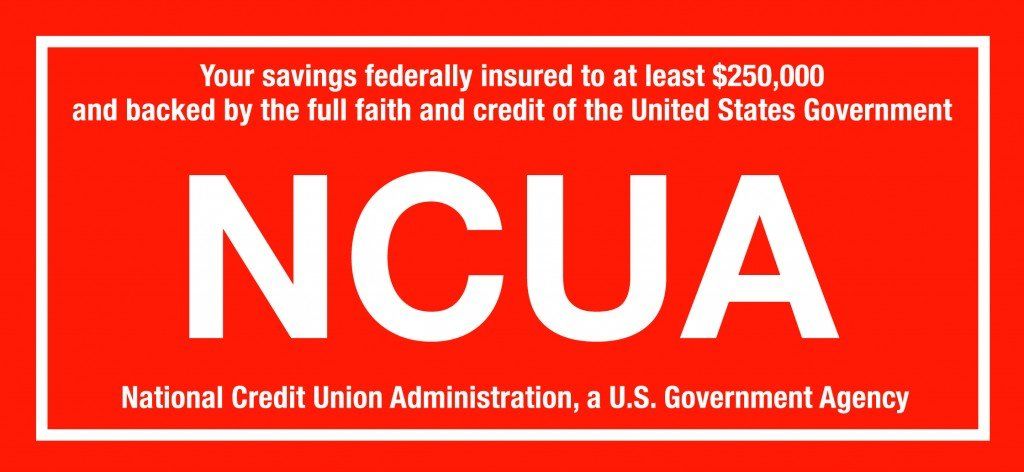There are so many scenarios fraudsters use to get to your money. Here are a few of the most popular ones.
Advance Fee
scams are situations where you are contacted and promised a large sum of money, a trip, or another prize, but first you must pay a fee. Be wary when something you didn't ask for falls in your lap, but you must first pay to get it.
Check Cashing fraud happens when a scammer sends you a check, promising you can keep the funds, minus a portion that you need to return to them. The instances where this can happen vary widely, but it is important to know that if someone offers to pay you to cash a check for them, it is almost certainly a scam.
Email/Phishing
scams come in so many forms. Phishing
is when a scammer will contact you via email, text, or phone and pretend to know personal information about you. They may pose as a relative, government or law enforcement official. They use information that is easily found on the internet and trick you into thinking they are official. They will request money using most of the tactics we have outlined.
Gift Card
scams along with phishing usually target the vulnerable population. You will get notification that a bill is overdue, or there is some outstanding warrant, and you must pay for it, but use gift cards. Frausters will have you go out and purchase gift cards and give them the numbers. There is no bill or fine due, you're out the money, and the scam is complete.
Romance
scams (much like many of the scams out there) end up encorporating several methods of defrauding you of your hard earned cash. You meet someone online, and they seem wonderful. You can get to know them anywhere from days to months to even years before they strike. They will ask for money, or send you a chek (presumably as a gift or to help you out) where they need some of it back. You trust them because you think you know them. Turns out, you don't. That person on the other end of the phone is scamming you.
Smishing
is short for "SMS Phishing". This is a type of phishing where you are sent a text, usually with a message that you owe money, or even coming from your financial institution stating there is an alert on your account. There is a link to click. Do not click the link. This is fraud.
Spoofing
is a tactic that is combined with other scam methods to increase credibility for the scammer. The phone number that shows up on caller ID will be local, or even have a name attached to it that seems legitimate. This entices you to answer the phone, which is the first step to them achieving their goal.


